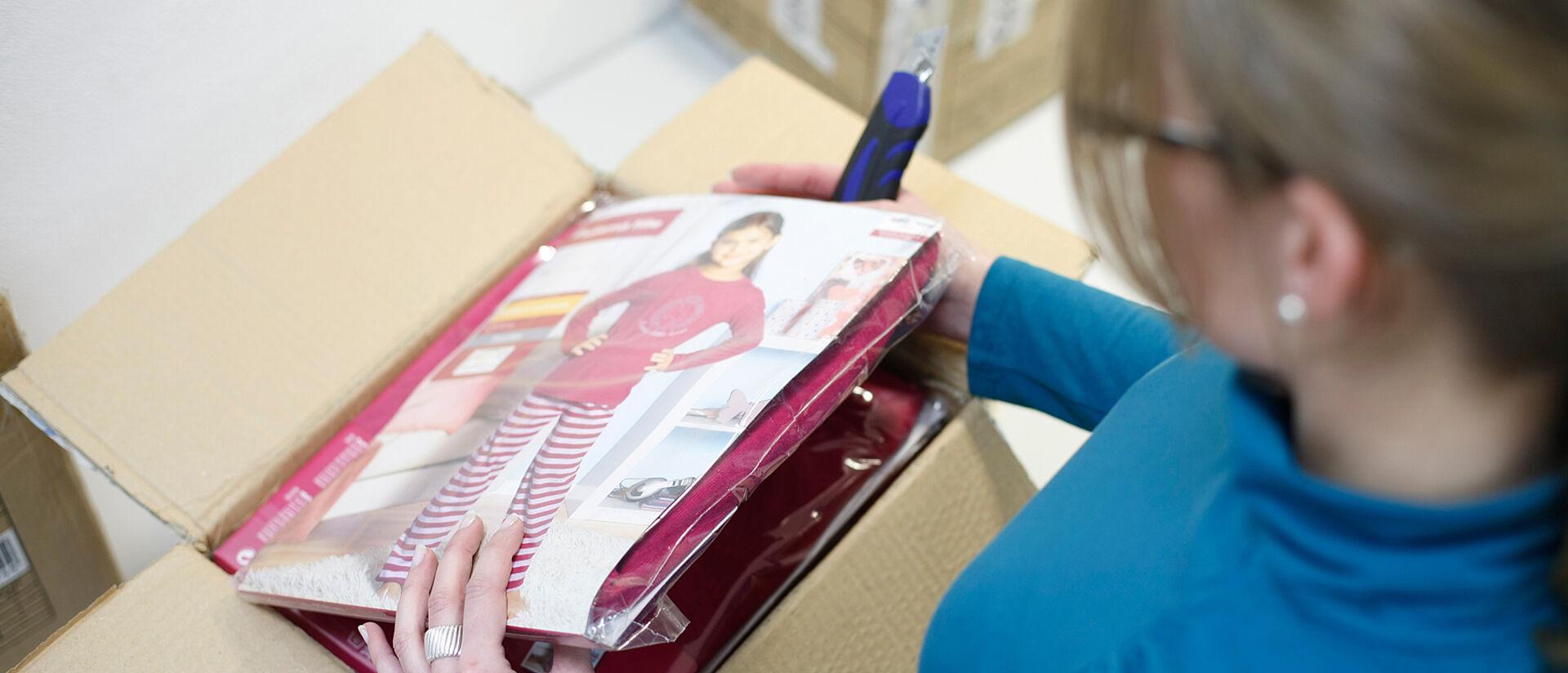Inspections and audits for an optimal supplier-customer relationship.
Components, methods, installations, processes or systems: the textile supply chain is long and complicated - and thus also very prone to error. With an on-site inspection, you can identify errors in the production process at an early stage and avoid consequent costs.
Hohenstein offers a variety of inspection modules that help eliminate processing errors across all production phases. This ensures a consistently high material and product quality.
Even when it comes to compliance with laws on occupational safety and environmental protection, you are well advised with our auditors. You have the option of having your company tested for specific requirements by means of product facility audits in order to further differentiate and position yourself on the market - for example with certification according to OEKO-TEX® STeP for environmentally friendly and socially responsible textile production or according to the RAL Mark 992 for Professional Textile Services.

Pre-production checks
We take samples before they enter production, not only to check that materials and content comply with legal requirements, but also to test for harmful substances and ensure products adhere to physical quality parameters.

During-production checks
This typically involves inspecting products between 10 and 25% into the production process. Checks are conducted for conformity with samples, processing standards (DIN standard: ISO 2859-1), accuracy to size, weight and labelling. We also take samples in order to verify the chemical and physical properties of materials in our labs at Hohenstein.

Final random checks
Product inspections between 80 and 100% into the production process. Verification of production volumes, conformity with original samples, quality of processing according to ISO 2859-1, labelling, EAN codes, shipping boxes, etc.
Your benefits at a glance.
- Inspections and audits by regional, native-speaking experts
- Errors in the production process are detected early and consequent costs are avoided
- Quality assurance
- Timely identification of delivery capability and possible delivery shortages
- The greatest possible safety of the marketability of products
